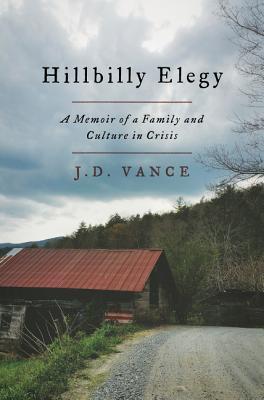
I first heard the song “Hallelujah” at a party. I don’t
remember the occasion but seeing as it was college, alcohol was involved surely.
It was a small gathering, friends of friends much more keen to music and artistic
pursuits, I felt a little awkward. The cd (compact disc for you millennials) on
repeat was Jeff Buckley’s Grace. His
piercing vocals on “Hallelujah” were impossible to ignore and I relished
hearing it over and over.
I found out later that the song was written by someone
else. Covered by another someone else, who made it cool for other someones' to
cover. This I had to research a bit. If not to find the true author of the
song, at least to pull back the layers of this popular work and maybe discover
some meaning. Not for the sake of the lyrics but to figure out how this became
the “it” song.
It was re-imagined in
the early nineties by John Cale whose version is usually the one that everyone
covers. It’s the most modern version, sad and bittersweet. Leonard Cohen wrote
the song and put it on his album Various
Positions in 1984. It must not have made much of a splash because no one
seemed to notice it until Cale put a different spin on in the early nineties.
He added a silky smooth piano sound and upped the sentimentality. Buckley’s version is closest to Cale in
attitude and texture and a more obvious reference to a broken relationship.
Love is not a victory
march, it’s a cold and it’s a broken Hallelujah
Buckley has the superior voice and his chords extend the
song beyond the Cohen’s deep bass limits.
Somewhere along the way the song started popping up in
television shows and movies. Mostly during sad moments deaths and funerals. I
won’t spoil the episode but West Wing used it perfectly in a last-show-of-the-season
gut punch. Shrek used the John Cale version and suddenly everyone wanted to use
some version of “Hallelujah” or write their own.Talent contests like American Idol and Voice continue to see
young vocalists performing some version.
Leonard Cohen is used to praise about
his poetic gifts but even he must be pinching himself over the extra life of
this song. It was a forgotten B side on an unremarkable record before the
explosion of remakes and covers.
I watched a video
recently of a live performance of the song that won’t quit. Cohen had a backup
vocals singing along the gospel style to the chorus, the way Baptists do in
church with ‘aleluuuuujahs’ heavy on the ‘uuu’. If this version with the choir
is the way he recorded it I can see why it wasn’t a hit. It just doesn’t work
as a church song despite the references to David playing for the Lord. Cohen’s
scratchy voice is not melodic enough for the bouncy gospel track.
It sounds like a worship
leader in practice before his morning coffee.
I know I know, he wrote the song and he intended it to be a
somber look at…something. I’ve never been good with meaning in poems or music
lyrics. Every version of the song begins with King David, his gift for song and
his affair.
You saw her bathing on
the roof. Her beauty in the Moonlight overthrew ya
Or maybe Samson with
Delilah.
She tied you to your
kitchen chair, she broke your crown she cut your hair
Some critics think some of the versions (especially
Buckley’s) have a sexual quality, an exciting high followed by a deep low.
Poisonous affairs might have been on Cohen’s mind when he wrote his version but
likely he had a chord progression in mind and set it to themes borrowed heavily
from the Old Testament.
…it goes like this, the
fourth the fifth, the minor fall the major lift
The Cale version switches out some of Cohen’s lyrics and puts
in references to a relationship gone south.
There was a time you
let me know
what’s really going on below.
But now you never show
it to me do you?
I looked for an interview with Mr. Cohen just to get a sense
of the writing and word choice. I found a few quotes about the differences
between the religious Hallelujah and the secular one but no real descriptions. Nothing jumps out except that it took him a long time to write it, 5 years
according to one source.
Poetic verse continues to escape me.
So the short version goes like this: Leonard Cohen writes
and records the infamous composition in 1984 but with little fanfare. John Cale
re-imagines it by changing the lyrics slightly but keeping the ever important
climbing, climbing, and falling chord pattern. Every two bit singer songwriter
up and coming vocalist covers some form because it is quite a beautiful song,
in sound and emotion more than in meaning.
If I could go back to that party where I first heard the
recording from Buckley I would beg them to stop playing it. All great works of
art get copied, music is no different. I love the song but I’ve heard my share.
When the covers stop and recordings of that infamous song stop getting made, I’ll
simply say “Hallelujah”!
Buckley Version
Buckley Version



